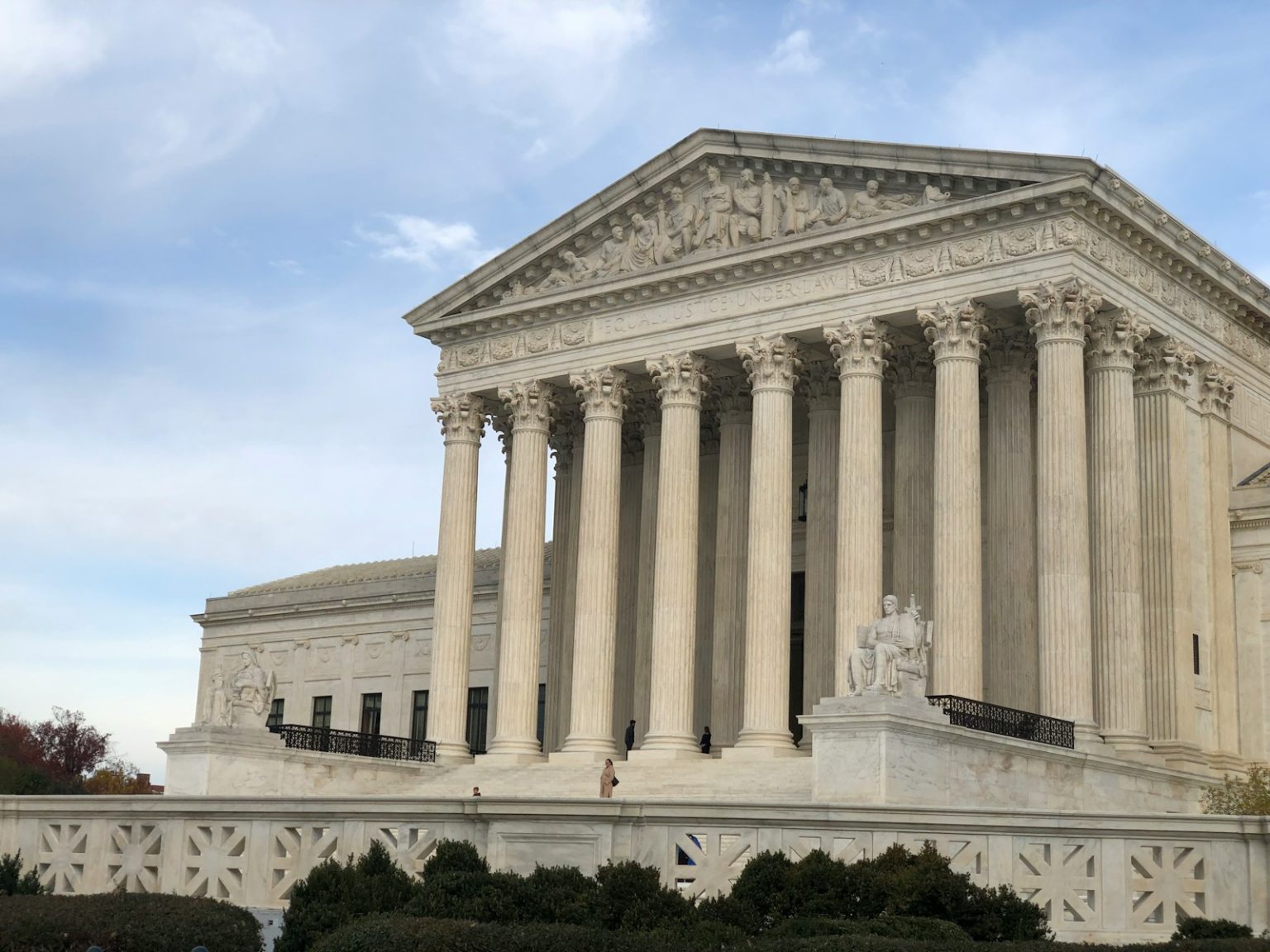President Donald Trump has renewed speculation about the potential dismissal of Federal Reserve Chair Jerome Powell. This marks another chapter in the ongoing tension between the White House and the central bank’s leadership.
The President’s latest comments come amid his frequent criticism of the Federal Reserve’s monetary policy decisions. Trump has previously expressed dissatisfaction with Powell, whom he appointed to the position in 2018, particularly regarding interest rate policies.
Constitutional Questions
The President’s suggestion raises significant legal and constitutional questions about the independence of the Federal Reserve. The central bank was designed to operate independently from political pressure to ensure economic stability based on data rather than political considerations.
Legal experts have debated whether a president has the authority to remove a Fed chair before their term expires. Powell’s term as chair runs until 2022, while his term as a member of the Board of Governors extends to 2028.
The Federal Reserve Act states that governors, including the chair, can be removed only “for cause,” which has traditionally been interpreted as misconduct rather than policy disagreements.
Market Implications
Financial markets typically react with volatility to suggestions of political interference in Fed operations. The central bank’s independence is considered crucial for maintaining investor confidence in U.S. monetary policy.
Market analysts note that previous presidential comments criticizing the Fed have temporarily affected stock prices and bond yields. Uncertainty about leadership at the central bank could potentially trigger similar reactions.
“The independence of the Federal Reserve is a cornerstone of U.S. economic policy,” said one financial analyst who requested anonymity. “Any threat to that independence creates uncertainty in markets.”
Historical Context
Trump’s relationship with Powell has been contentious since shortly after the President nominated him. As the Fed raised interest rates in 2018, Trump began publicly criticizing Powell and the central bank’s decisions.
The President has broken with the tradition observed by most modern presidents who have avoided commenting on monetary policy to respect the Fed’s independence.
Previous presidents have expressed frustration with Fed policies privately but rarely threatened to remove the chair. The last significant conflict between a president and the Federal Reserve occurred during the Nixon administration.
The Federal Reserve serves as the nation’s central bank with responsibility for:
- Setting monetary policy
- Supervising and regulating banks
- Maintaining financial stability
- Providing financial services to depository institutions
Powell has maintained that the Fed makes decisions based on economic data and its dual mandate of price stability and maximum employment, not political considerations.
As this situation develops, economists and political analysts will be watching closely for any actions that might undermine the traditional independence of America’s central banking system.







